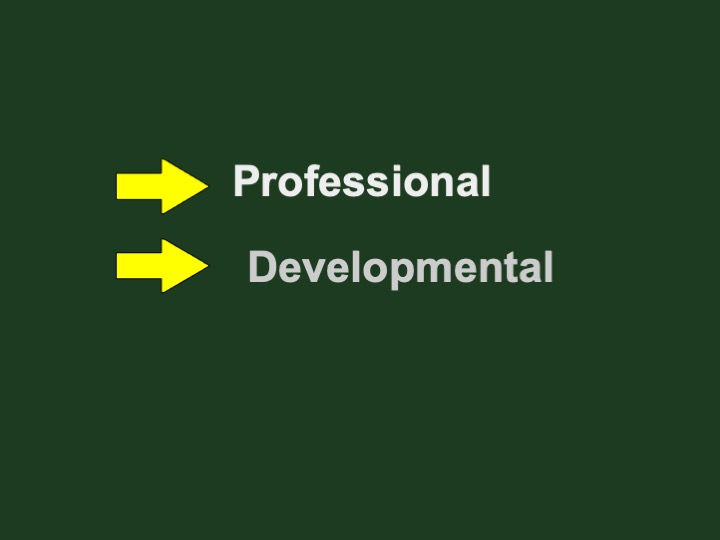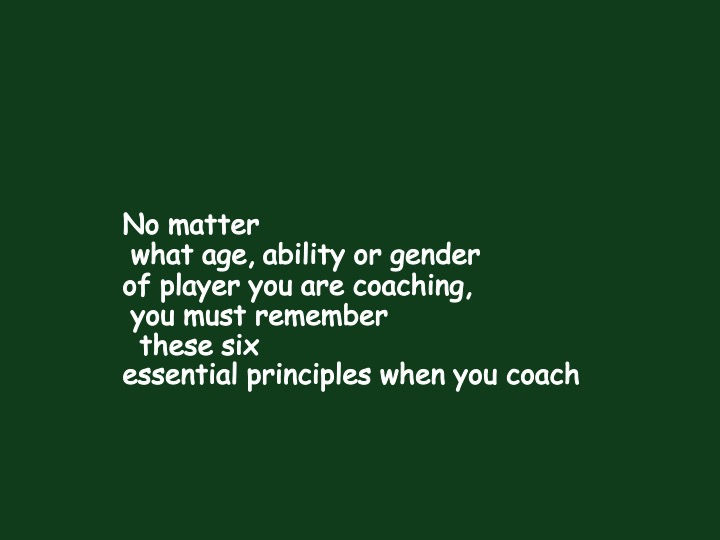



WHY Coaching ?
Remember—most of the kids you coach will not become professional athletes. But nearly all of them will become adults, parents, community members, and perhaps even future coaches. The true goal of coaching isn't just to build great players—it's to help raise great people.
“The world may be different because I was important in the life of a child.”
This quote captures what coaching is really about. Coaching is more than tactics and training sessions—it’s about making a lasting difference in young lives.
Before stepping on the field, ask yourself:
-
What is the real purpose of youth sports?
-
Why am I coaching?
-
What kind of impact do I want to have?
Your coaching philosophy and style will likely be shaped by your own life—your experiences as a player, the coaches who inspired (or failed) you, and your beliefs about what youth sports should be. These reflections are important because they give you clear, positive goals to guide your approach throughout the season.
Coaching a soccer team is a unique and powerful opportunity. You are more than a coach—you are a role model, a mentor, a teacher, and a leader. What you do and say can stay with your players for the rest of their lives. You have the power to:
-
Shape their self-image
-
Influence their character
-
Instill values like teamwork, discipline, effort, and fair play
So ask yourself again:
-
What effect will I have this season?
-
What will my legacy be five, ten, or twenty years from now?
-
When my players look back on their childhood, what will they remember about me?
If you’ve made the decision to coach, then commit to doing it well. Help your players reach their potential—not just in soccer, but as human beings.
Because coaching isn't just about creating better athletes…
It's about helping shape better people.
The Role of a Youth Coach
As youth coaches, our responsibility is to bring the game of soccer to our young players in a way that is meaningful, enjoyable, and developmentally appropriate.
There is no single “right way” to coach. There is no perfect method, no universal system. Each coach brings their own background, experience, and personality into how they teach the game—and that diversity is a strength. However, when working with youth and junior players, there are core principles that should guide every approach.
Let Them Play
Young players need uninterrupted play. They need the freedom to explore the game, make mistakes, and learn by doing. This hands-on experience is where true learning begins.
The long-term goal of any youth coach should be to help players eventually recognize and solve the challenges of the game on their own. That’s how we build smart, confident, and creative players.
The Importance of Town and Club Coaches
Town and club coaches working daily with 6–14 year olds play a critical role in the future of soccer in this country. These coaches are often the first and most consistent influences in a player's development.
That’s why towns and clubs should do everything they can to:
-
Place coaches who understand the importance of teaching technique at early ages
-
Encourage long-term thinking over short-term wins
-
Support coach education and mentorship
It’s Not Just About Knowledge—It’s About Character
Coaching young players is not just about what you know—it’s about who you are.
Working with children requires:
-
Patience
-
Kindness
-
Respect
-
The ability to create a safe, positive environment for learning
Remember, soccer changes a lot as kids grow—in skill, strength, and understanding. That’s why coaches must grow with their players and remain flexible, open-minded, and always focused on the bigger picture.
Final Thought
The best youth coaches aren’t just developing soccer players…
They’re shaping confident, respectful, and resilient young people.



